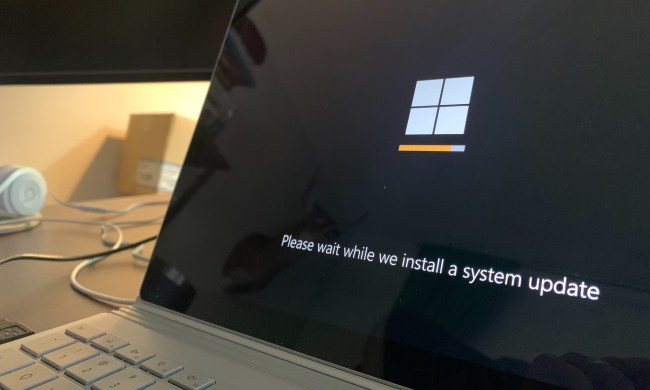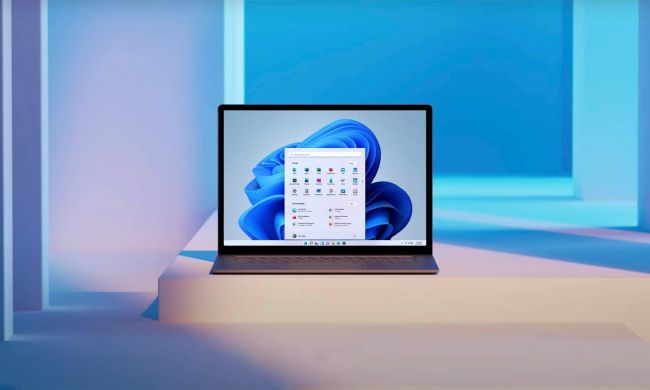There are Windows XP registry hacks you can use that will allow your Windows XP PC to receive security updates once again, despite the fact that Microsoft stopped supporting the aged OS back in April.
However, the Windows registry can be intimidating to those who don’t often make contact with it, and messing around with anything in there could really throw your PC out of whack. Not to worry though. Here, we provide you with clear and concise instructions on how to grab these updates for yourself.
Before we do though, keep in mind that though these security updates should protect Windows XP PCs in theory, they haven’t been tested with the OS, and there’s no telling whether using them poses any risks. Therefore, you should proceed with the utmost caution. By using these hacks and updates, you do so at your own risk.
Now that we’ve got the warnings out of the way, here’s how you can employ registry hacks in Windows XP to get security updates for the OS once again.
How to hack the Windows registry to get security updates for Windows XP
First, create a text document. Name the file “XP.reg,” and ensure that “.reg” is the file’s extension. In case you’re unaware of what an extension is, other extensions you’ve probably come across in the past include “.exe,” and “.doc.” We’ll follow up with an instructional piece on how to view and change file extensions manually to ensure that this step doesn’t stump you.
Once you’ve successfully renamed the file to “xp.reg,” right-click it, click “Edit,” and paste the text below into the document.
Windows Registry Editor Version 5.00
[HKEY_LOCAL_MACHINE\SYSTEM\WPA\PosReady]
“Installed”=dword:00000001
Then, save the file, and double-click it. Once you do that, you’re done! From here on out, Windows will pull updates that are meant for Windows Embedded Industry to your Windows XP PC. Just use Windows Update like you normally would.
Keep in mind that the above trick only applies to 32-bit versions of Windows XP. However, you can find instructions on how to get updates for 64-bit versions of XP here. It’s a little bit more complicated than the 32-bit hack, and the instructions are somewhat unclear, so proceed at your own risk.
As is the case with the 32-bit hack, your mileage may vary, and installing updates originally meant for use with another OS, even one that’s similar to or based on Windows XP, could come with risks. There’s also the chance that Microsoft could put a stop to these workarounds, and therefore render the above tweaks obsolete. Also, since we don’t have any Windows XP systems in the office, we aren’t able to test these registry hacks for ourselves. So, consider yourself thoroughly warned.
What do you think? Sound off in the comments below.


